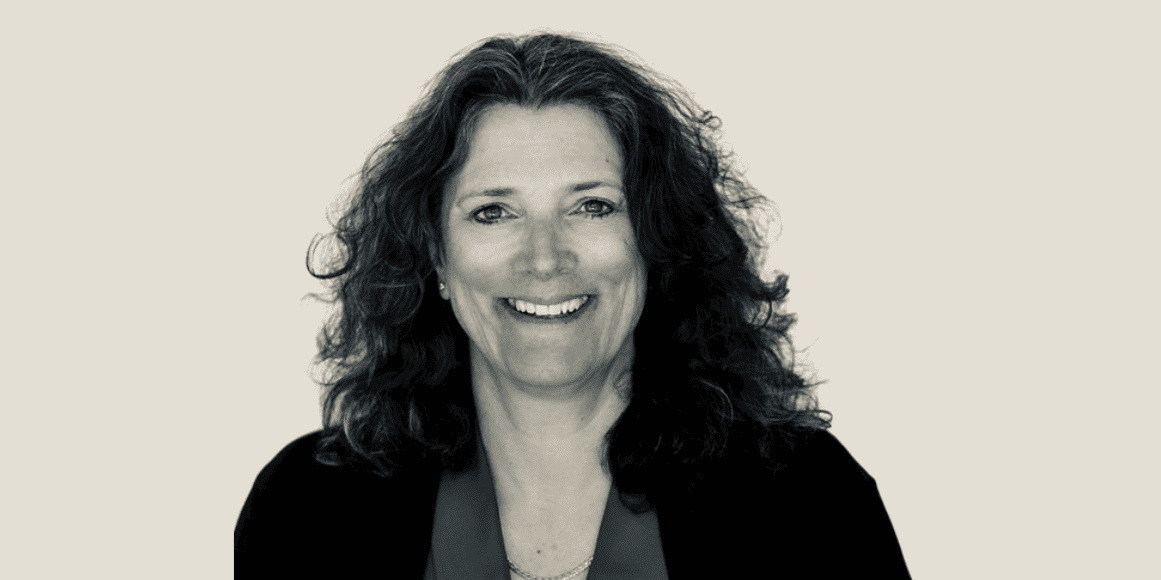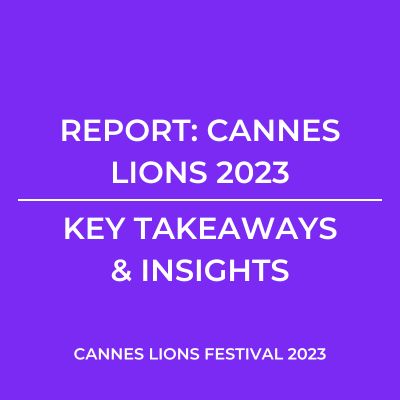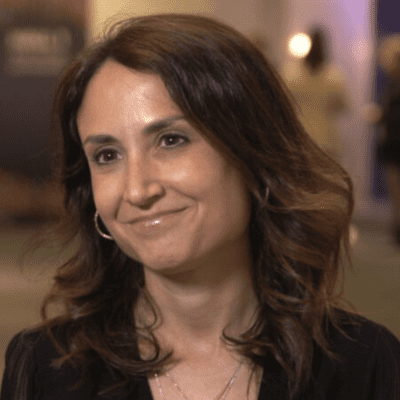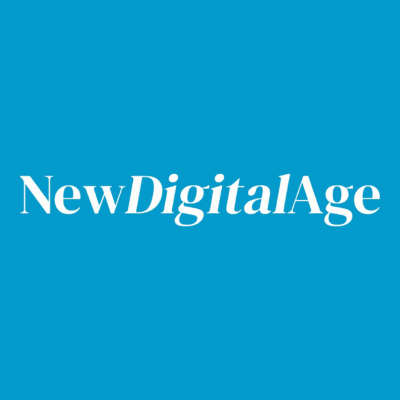Episode overview
As data and marketing technology becomes increasingly democratised, more and more marketers are considering in-housing their media planning and buying activities.
But taking the plunge doesn’t mean having to go it alone. Because, instead, as partnerships are evolving, so too are agencies, with many now helping in-housed clients leverage their network’s scale, tap into their best talent, and use their first-mover advantages as a platform for growth.
To learn more, we spoke with Liz Donaldson, PHD’s Chief Agency Development Officer and Global Business Lead, to discuss the idea of using an ‘Agency as a Platform’, what a typical relationship looks like, and how to maximise outcomes.
PHD: What exactly do we mean when we talk about using an agency as a platform?
LD: For me, Agency as a Platform involves providing services beyond media planning and buying to either provide specialist capabilities to our clients that don’t have in-house functions, or support those that do.
That might include services within digital, like audience management, inventory curation, and supply side optimisation. It might also go broader than that in terms of supplying people and training.
PHD: Why is it important that marketers start to think about agency as a platform right now?
LD: I think it’s important because of the changes that are happening within the industry. Things are changing so quickly that it can become difficult for an in-house agency to keep up to date with everything that is going on out there. It is important, therefore, to be able to lean on an agency that can supply specialist services and possibly, in time, help in-house clients build them themselves.
PHD: What should marketers watch out for or consider when in-housing?
LD: There’s an awful lot to consider; your reason for in-housing is probably the most important one. If you don’t know why you’re doing it, it can be very difficult to get it right.
You must understand your reasons for in-housing, and they vary depending on your type of business. Some clients might in-house for efficiency, for example, others, for transparency. Others might do so because they want to have all their media planned by people who are closer to the brand.
So, I think the most important things are to know why you’re doing it and to understand that it takes time. You’re not necessarily going to get it right first time.
PHD: Which brands are you working most successfully with?
LD: I have worked very closely with HP on their in-housing for the last two to three years, and it has been very successful. They have got a great, awarding-winning in-house team, and around that, we have built a structure where we support them in specific areas.
We have seen great results from it in terms of feedback through surveys and audits, and we have done some joint PR on how that has gone. It’s a very strong relationship with positive results on both sides.
PHD: What have you learned from that partnership?
LD: I think there are things around the type of relationship that you need to build. There needs to be real transparency between both sides – you cannot have a strong relationship if you’re trying to compete with each other. So, building that trust and transparency are key.
Also, understanding the client’s objectives is crucial. You need to identify what they can do well internally and what capabilities they are looking for, and how you – the agency – can help them.
PHD: Are there differences between ‘Agency as a Platform’ relationships and regular client relationships?
LD: Yes, because you are having to build a relationship where you are almost one with the in-house media team, servicing the marketing functions within that client.
In some ways, you end up building an even closer relationship with them than with standard agency clients – because an in-house agency is still servicing the rest of the marketing function in the same way any agency would.
PHD: What are the client benefits of implementing an ‘Agency as a Platform’ approach?
LD: Scale is one. Working with an agency network like PHD in this way can bring buying power, for example, or first-mover access to new investment products.
As thought leaders, agencies like us can also help you keep up to date with what’s happening in the industry and new training opportunities for your staff.
Depending on what you are after, PHD has a legacy of very strong coms planning, so that is something that we can help with.
PHD: Is Agency as a Platform a short-term fix or a longer journey?
LD: No, it will always be a journey, but there are steps to take. The first is to get your in-house function up and running. But there will always be the need to evolve with the market.
PHD: What does the pricing model between clients and agencies look like?
LD: Your commercial models need to be flexible, but you need to agree on a few basic principles, so you are not renegotiating on every single project
Changing the commercials towards a longer-term relationship (which allows for staff to be available when they’re needed) is very important.
PHD: Are any specific organisations or industries better suited to working within an ‘Agency as a Platform’ model?
LD: I think it’s possible to do it anywhere but the tech industry is certainly doing a lot of this. I think anywhere there is a lot of digital buying could fit ‘Agency as a Platform’.
Ultimately, though, understanding why a brand wants to be in-house is more important than the category the company comes from.
PHD: What does the future hold for the ‘Agency as a Platform’ model?
LD: I think it could be a powerful model in years to come and fuel long-term relationships where agencies can work upstream to help in-house clients run effective in-house models.
It’s quite different to standard client relationships and draws more on an agency’s consultancy capabilities, its big structures and tools, and its thinking.
For certain clients, there’s an exciting future in what can be delivered in tandem between their in-house teams and an agency like PHD.
PHD: What is the one piece of advice you would give to marketers looking to get started with ‘Agency as a Platform’ partnerships?
LD: Be open and transparent with your agency and work together to plan how you want to move into the future. For me, that is the most important thing.
—
This interview contains quotes from ‘Using Your Agency as a Platform for Growth’, episode three of The Shift Sessions, the podcast series from PHD that explores how and why the function of marketing is shifting, identifies the new roles that will dominate teams in the future, and explains how to start building these capabilities today. Listen on Spotify, Apple, Amazon and Audioboom now.




